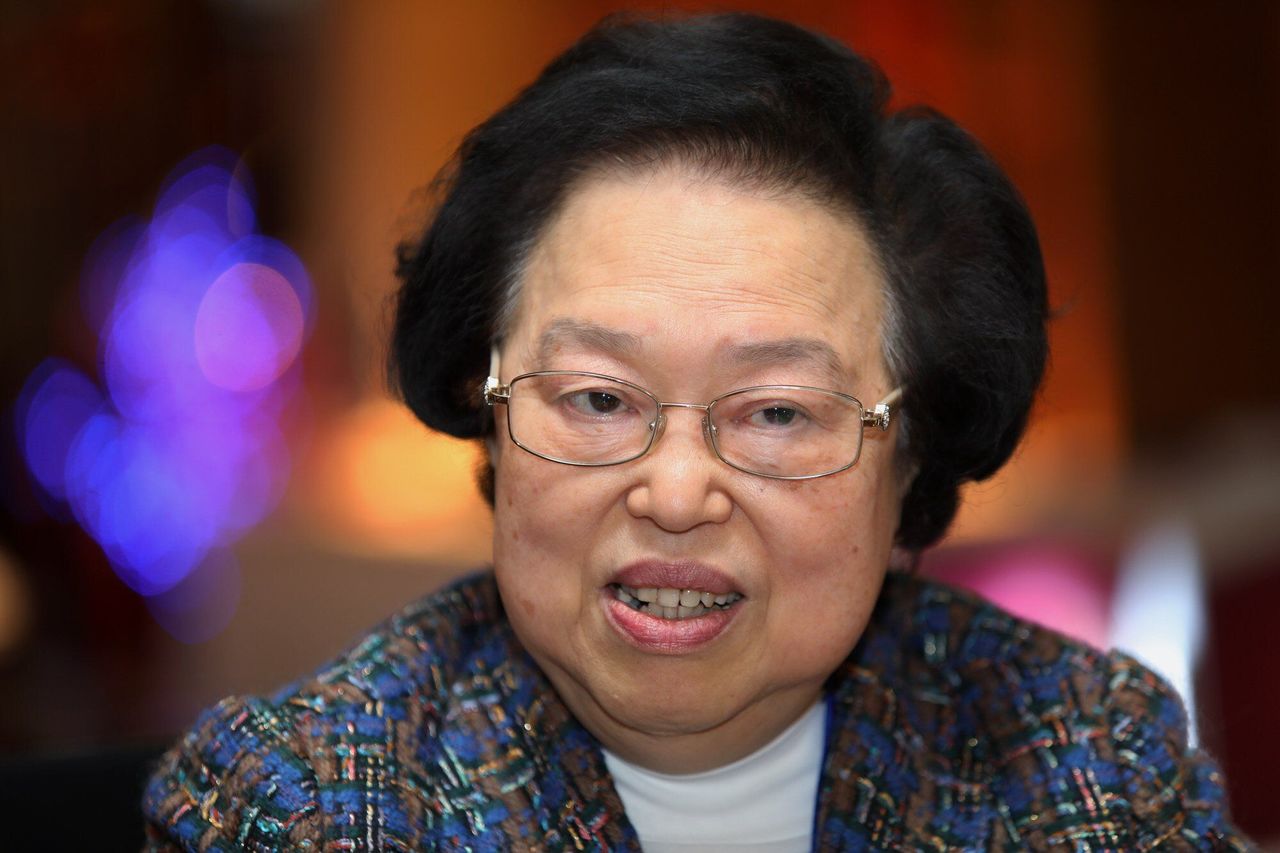Secretary for Justice Teresa Cheng highlights benefits of being involved in Beijing’s 14th five-year plan during online seminar with city’s legal community.
Pro-Beijing heavyweights and Hong Kong’s justice minister have called on lawyers in the city to make use of their strengths to take part in China’s grand development blueprint in the coming few years, better known as the 14th five-year plan.
Speaking at a legal forum on Monday, Secretary for Justice Teresa Cheng Yeuk-wah also pledged to step up liaison with authorities across the border to gain greater access for Hong Kong lawyers to practise on the mainland. She revealed she had been exploring the area of liquidation work.
“The 14th five-year plan requires the consistent expansion and deepening of the plan to open to the outside world, facilitating international cooperation to achieve mutual benefits,” she said, describing the city’s role as a “facilitating hub of international trading”.
With the national plan also stressing the strengthening of the local economy – better known as the “dual circulation strategy” – opportunities would be rife and Hong Kong should play its unique role to integrate, the former arbitration specialist suggested.
“I believe this will bring more opportunities to the sector and further enhance the demands from the mainland, and even overseas, especially in the field of facilitation of international trade,” Cheng said.
The secretary was speaking alongside two other pro-Beijing stalwarts, former chief executive Leung Chun-ying and Maria Tam Wai-chu, at an online seminar centred on “Opportunities for Hong Kong’s Legal Industry under the 14th Five-Year Plan”. The event was co-organised by the Law Society, the regulating body for the city’s more than 10,000 solicitors, and the Department of Justice.
Cheng said her department had been working closely with the mainland authorities in the Greater Bay Area, a development zone comprising Hong Kong, Macau, and nine southern Chinese cities, and a breakthrough had been made, whereby qualified Hong Kong lawyers could now practise across the border.
In addition, arbitration awards granted in the city can be enforced in the region, she said. So far, 600 solicitors or barristers had signed up for the first assessment required for legal practice across the border, Cheng added.
“We are also seeking to reach a consensus with the Supreme People’s Court to explore cities which have a close economic tie with Hong Kong, to introduce a cooperation mechanism for companies liquidation,” she said.
Leung, now a vice-chairman of Beijing’s top advisory body, the National Committee of the Chinese People’s Political Consultative Conference, told an online audience of lawyers that the opportunities would manifest themselves in the shipping and aviation sectors, and work relating to yuan trading and risk management, all of which were roles assigned to Hong Kong by Beijing under its development plan.
 Deputy director of Hong Kong’s Basic Law Committee, Maria Tam.
Deputy director of Hong Kong’s Basic Law Committee, Maria Tam.
He said Hong Kong lawyers had maintained their prized qualities. “Apart from their advantages in the system and language, they have stronger ties between those inside and outside of the country,” he said, adding the city’s lawyers were known for their higher qualities.
Tam, deputy director of Hong Kong’s Basic Law Committee, said the electoral reforms imposed on the city by Beijing were a “forceful measure” to help it return to peace and play to its advantages.
Tam said Beijing had set off at “a sprint” and Hong Kong should take part “in the marathon”, adding she hoped many more lawyers would follow the 600 who had already signed up for the assessment.















